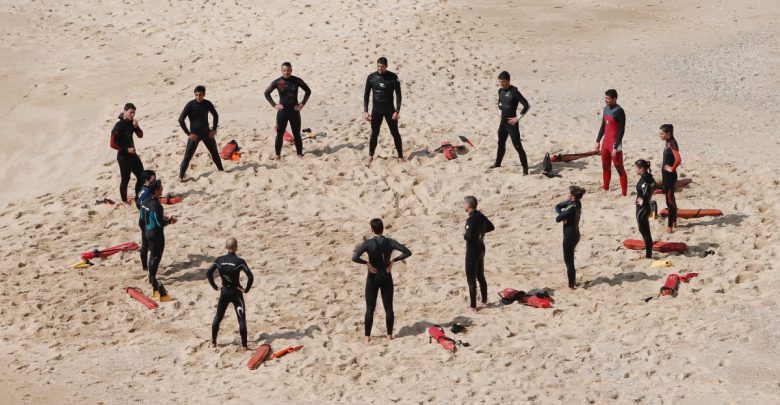Understanding and facilitating group dynamics in a way that is conductive to different ways of learning
Understanding and facilitating group dynamics in a way that is conductive to different ways of learning
-
Why did I choose this tool? I chose this model because I have tested it in multiple educative contexts. It works, helps, educates and empowers. Main content: Experiential learning is the main form of youth work and training that we use. In order to develop young people’s independence, creativity, participation, citizenship and other important qualities we have to ‘let them…
Read More » -
Theme-centred interaction is a live-learning method based on an axiom that every person is independent (autonomous) and, at the same time, inter-dependent on the world surrounding him/her. The objective of non-formal education is to enable an individual to be conscious, independent and aware of the interdependencies. The more one person is aware of interactions, conditions and regularities, the easier it…
Read More » -
Why did I choose this tool? For me working with group dynamics is a part of every training course. If a training course is longer than 5 days, usually I spend a full day for people to get to know each other well enough, to experience cooperation (with a good level of challenge) and then reflect on their interdependence. Become…
Read More » -
I struggled with this one. After 17 years of work with various groups – I honestly didn’t have a situation where I (or my colleagues) was in need to identify a person’s specific learning style by using any kind of tool. Most of you are probably aware of VARK model: VARK stands for Visual, Aural, Read/Write, and Kinaesthetic sensory modalities…
Read More » -
Why did I choose this tool? Knowledge of group processes and ability to recognize and influence group dynamics is one of the most important competencies for a trainer. Delivering effective training programme is closely related to interactions between participants, fortunately, we as trainers, might help participants to build a “learning community”, while learning and living together in the training context.…
Read More »




